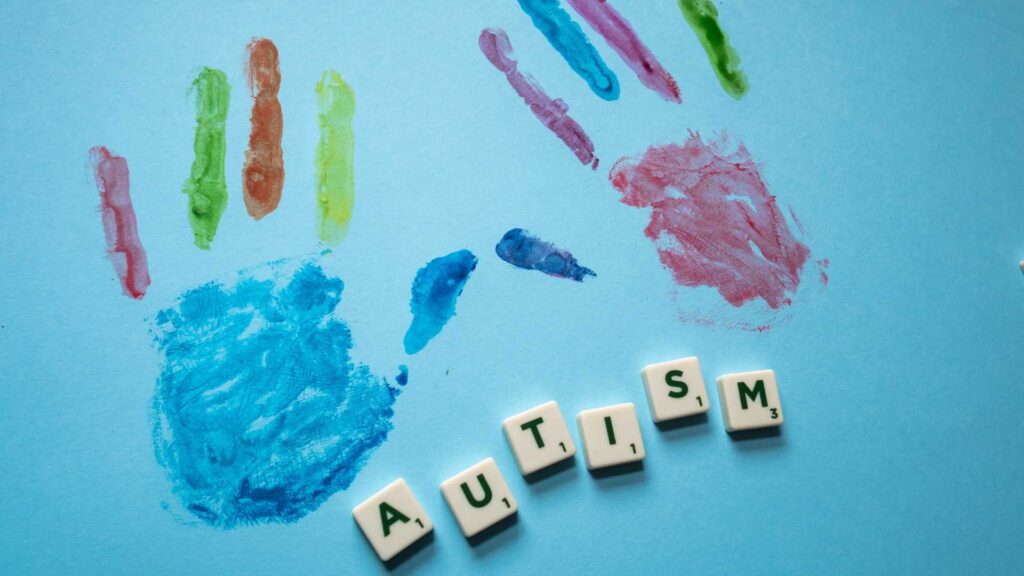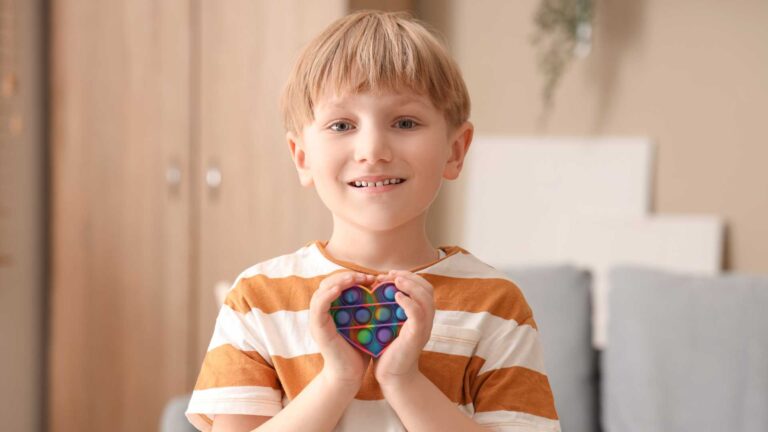Autism support groups in Georgia: Autism Spectrum Disorder (ASD) is a complex neurological condition encompassing a wide range of symptoms and abilities, making each person with autism unique. It is characterized by the brain processing stimuli differently, leading to difficulties with social interaction, executive functioning, sensory adjustment, and other behavioral quirks. With the CDC’s announcement that one in 36 children eight and under will receive this diagnosis, creating inclusive autism communities that give space for the flourishing of individuals on the spectrum is more crucial than ever.
Autism support groups serve as safe spaces where individuals with autism, their families, caregivers, and professionals can connect, share experiences, and access valuable resources. In Georgia, as of 2020, 2.5% of all children were diagnosed with autism. If someone in your immediate family isn’t diagnosed with ASD, you know friends, coworkers, or relatives who are. Autism support groups in Georgia help these individuals feel welcome and supported.
At ABA Centers of Georgia, we are at the forefront of creating autism-friendly spaces and spreading awareness. We specialize in Applied Behavioral Analysis (ABA), the top therapy for helping those on the spectrum grow as they learn new skills that help them with their daily living and future accomplishments. Autism support groups in Georgia give these individuals more chances to explore and receive help on their way to happiness and independence. This article explores the landscape of autism support groups in Georgia, shedding light on their incredible work and the invaluable resources they offer.
The Role of Autism Support Groups
It’s challenging to face things alone, especially after receiving an ASD diagnosis. An individual’s environment will substantially impact how their autism will manifest. Sensory input problems surrounding bright lights, loud noises, crowds, hugging, and unfamiliarity can create anxiety and make daily living uncomfortable. Additionally, deficits in social behaviors make finding an environment where they are understood and embraced genuinely critical.
Autism support groups in Georgia can provide community information, resources, and an outlet to establish and grow a community based on the principles of compassion and inclusion. The following are some ways autism support groups can help:
1. Social Support: Autism support groups provide an understanding community where members can share their challenges, triumphs, and feelings. This emotional support can be invaluable for parents and caregivers as they navigate the complex journey of raising a child with autism. There’s strength in numbers, and finding like-minded people intimately familiar with the condition leads to lifelong friendships.
2. Helpful Information: One of the most overwhelming elements of receiving an ASD diagnosis is wondering what the next steps are. Therapy, education plans, caretakers, and information on daily living are invaluable for caretakers, among hundreds of other things to consider.
These groups often serve as hubs for information and resources related to autism. They can provide access to the latest research, educational programs, and government services available to individuals with autism.
3. Raising Awareness: Many autism support groups are actively involved in advocacy efforts to raise awareness about autism and promote inclusivity and acceptance in society. They work to reduce the stigma associated with autism and ensure that individuals with autism have equal access to opportunities and support. These awareness campaigns can range from fundraising to working with local government and businesses to create spaces and focus resources on helping the ASD community.
4. Practicing Skills: Individuals with autism may struggle with social interactions, but support groups offer a controlled environment for practicing social skills and forming meaningful connections with peers. They can play with people facing similar challenges, feel included, and hone abilities that can help them meet their interpersonal, academic, and career goals down the line.
5. Parent Education: Being a caregiver is a difficult job, and there are many things individuals can learn to give themselves the best chances to improve the life of someone with ASD comprehensively. Support groups often organize workshops and seminars to educate parents and caregivers about autism-related topics. These events can empower families with the knowledge and skills to support their loved ones with autism better.
Autism Support Groups in Georgia
Georgia is home to a vibrant and diverse range of autism support groups, each offering unique services and resources. Below, we’ll highlight some of the prominent autism support groups in the state:
1. Autism Speaks Georgia: Autism Speaks is the best-known autism advocacy organization with a strong presence in Georgia. This nonprofit conducts research and provides a guiding hand in autism awareness, with their influence helping communities and governments better understand the condition. They offer resources, support, and community events for individuals and families affected by autism. Their website and local chapters provide valuable information on services and events in Georgia.
2. Babies Can’t Wait: Before families can start therapy or access resources, they need an autism diagnosis. Research shows that receiving an early diagnosis and support improves outcomes for individuals with ASD. Babies Can’t Wait is a program administered by the Georgia Department of Public Health that focuses on early intervention. On top of early screening, they offer resources and opportunities to enhance the development of children on the spectrum.
3. Autism Society of Georgia: There are many things to consider after an autism diagnosis, such as early education, transition into high school, employment, community inclusion, health care, and previously existing networks that can get you what you need. The Autism Society of Georgia is a nonprofit organization focusing on advocacy, support, and education. They aim to offer high-quality information on local support groups, workshops, and conferences. They also engage in legislative advocacy to promote policies that benefit individuals with autism.
4. Parent to Parent of Georgia: Parent to Parent of Georgia is a statewide organization that provides support and resources for families of children and adults with disabilities, including autism. They offer one-on-one support from trained parent mentors, workshops, and informational resources. Their navigator project can help you find autism-friendly events in the state.
5. Spectrum Autism Group: Based out of Gwinnett County and the surrounding Atlanta area, Spectrum provides practical support for families with autism. There are monthly support groups for parents and children, summer camps, social groups, overnight camps, and many events to promote inclusion and get families in touch with each other.
6. Atlanta Autism Consortium: AAC is an organization that began with a simple purpose: communicate and coordinate the many members of the autism community for research, advocacy, and community building. Free educational programs and monthly events facilitate conversations between families, adults with autism, clinicians, teachers, caregivers, and researchers to form a united autism community that makes its voice heard.
7. North Georgia Autism Foundation (NGAF): Partnered with the University of Alabama, NGAF’s goal is education. They focus on the Stepped Transition in Education Program for Students (STEPS), which aids young adults with autism in working toward their educational and career goals. This 12 to 16-week program helps individuals on the spectrum from the ages of 16 to 25 manage this vital move into a secure adulthood.
ABA Centers of Georgia and Autism Support
If you are looking for a place where you and your loved ones feel welcomed, supported, understood, and helped, look no further than ABA Centers of Georgia. We are the fastest-growing autism therapy center in the United States, focusing on Applied Behavioral Analysis (ABA) therapy.
ABA is the best way to teach individuals on the spectrum skills that improve their quality of life, social bonds, and prospects for an independent and joyful life. Backed by decades of research and recognized by most health insurance, ABA therapy is specialized to meet an individual’s development needs.
ABA Centers of Georgia creates communities wherever we go. With frequent community events, trips, and sensory-friendly experiences, we work to make the community a wonderful place to grow up with autism.
Call (855) 929-5058 or message our website to learn how we can help.









